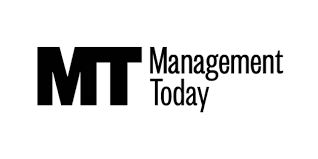December can be a stressful and particularly busy time for businesses, in particular for getting client work completed, projects wrapped up and trying to sort a plan for the return to work after the Christmas break.
In an email a few weeks ago I set a challenge for leaders and founders, to treat Christmas as a deadline for one additional activity that is guaranteed to have a positive and lasting impact on your business – all before the big man comes clambering down the chimney.
After the email went out, I had reply from Josh Butten, owner of boosst financial, mentioning their unusual approach to work in December.
In this short 15 minute discussion, Josh explains that every December, boosst – a financial planning firm – consciously stops doing client work, instead reserving the month for internal reflection, planning, and team activities.
This idea originated from a family tradition where, between Christmas and New Year, they would reflect on the year and set goals for the next. A practice has since expanded to occupy the whole month.
For boosst, December serves as a month for strategic business activities, including reviewing marketing strategies, adapting to changes in finance and tax, and planning for the upcoming year.
It’s a proactive approach that minimises client interruptions and gives the team a chance to refresh and reset. Not only that, the month acts as a buffer, tapering off client engagements from November and preparing for January. Client interactions are still attended to, but on a reduced scale.
Through this approach, they ensure that they enter the new year with a clear slate and organised agenda. Josh talks about how it can take new team members a little time to get their head around, but that by allowing them space to get organised before Christmas and New Year, the team is absolutely ready to get going in the New Year, with all loose threads tied up. Something that must have a significant impact on their emotional overdraft.
Josh reflects that as a business leader, this time is invaluable for him, and the practice has been so successful, and allowed for working on the business rather than simply ‘in’ it, that he is even considering expanding this practice to include July – just for himself – offering a mid-year reflective period.
A truly unique idea that could almost certainly benefit other businesses – and will without doubt help reduce the emotional overdraft of both leaders and team members.
Thanks for your time Josh, this is such a valuable idea.
Andy.










